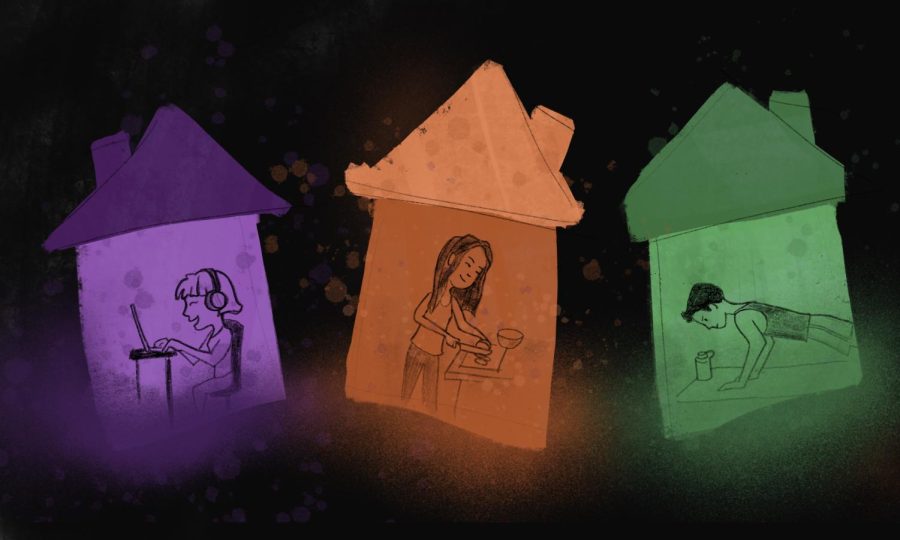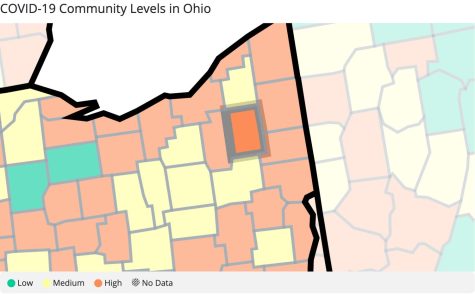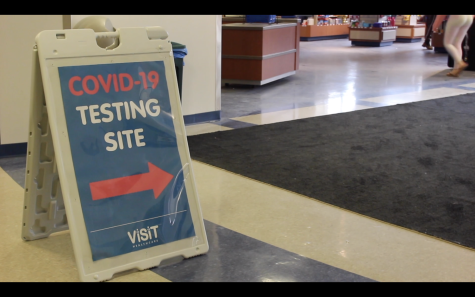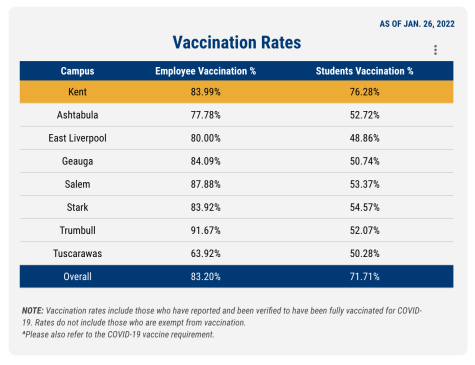How students are curing boredom while being stuck at home
April 5, 2020
College is a time of freedom, a time of independence, a time where students are out on their own and get to explore life by themselves.
That wasn’t the case this year when COVID-19 led to the shutdown of in-person classes on campuses around the country, forcing students to go back to their homes and self-quarantine.
Being stuck at home has led to students finding new ways to keep themselves busy to avoid the dreaded feeling of cabin fever. Cabin fever is the restlessness people often feel when they are stuck in confined spaces for a prolonged period of time, like students currently are during isolation. To combat this feeling, students are doing everything from taking walks and cleaning to building forts in their house made from blankets and pillows and playing video games online with friends.
“I’ve been extremely bored binge watching Netflix shows,” senior communications major Adrienne Weiner said. “I’ve been trying to teach myself different things to cook as well.”
Many studies on cabin fever say that learning new things, like cooking, can help ward off the restlessness that comes during times like these. It helps you to focus on something new rather than your surroundings and the things going on.
Senior school health education major KatiLynn Miller was student teaching this semester at a middle school; she now spends her time making her lessons online despite barely having teaching experience in a face-to-face classroom.
“I’ve been doing a lot of things for school because I miss my students a lot. Seeing them for eight hours a day was the best thing so I’m making videos for them to post on their Google Classroom so I can have some interaction with them that’s not face to face,” Miller said.
“Social isolation can also lead to loneliness and depression. Physiologically, loneliness and long-term social distancing can decrease someone’s ability to fight infection and inflammation,” said Kailin Huang on Psychology Today.
This shows that even during isolation, it is important to still have social contact with people in some way other than face to face. Technology is a big help in keeping people connected, despite students no longer being on campus. Students are playing online games together and video calling friends to have lunch together even though they are separated.
For many students, the Beverly J. Warren Student Recreation and Wellness Center was a place to go for physical activity and staying healthy. Since the center is closed down students are having to find a new way to stay active.
Matthew Culp is a sophomore psychology major who went to the rec center anywhere from five to seven days a week. With the rec being closed down due to COVID-19, he is unable to exercise at the same capacity.
“The rec has access to a lot more equipment and a lot more resources than I would at home,” Culp said. “I’m definitely not working out to the full potential that I can but it is enough to hold me over till we can go back.”
It is important students stay physically active during this time to keep healthy. To help with this, personal trainer Ashleigh Quint founded Uplift Fitness and Wellness Center in Columbus and has been posting challenges people can do at home on their Instagram. These challenges are exercises people can do at home with no equipment like wall squats, pushups, burpees and mobility work.
“Any amount of activity that you can get up and do is really what you should do,” Quint said.
Quint encourages her clients by keeping a regular checkup schedule to make sure they are still working out. She stresses that communication is important to help keep people accountable and motivated, especially during this time where people are unable to meet face to face.
She also reminds people that this is a time to prioritize and slow down not only with their health, but life in general.
“I think it slows things down, it allows kids to prioritize need vs want. So it’s not necessary nor is it a need to go to a commercial gym; it is a need to stay healthy and there is a huge difference,” Quint said.
Public Health Nurse Cassie Carver from the Vinton County Health Department recommends students try keeping healthy habits during this time even though they are stuck at home. She encourages habits that will help them both physically and mentally.
“Eat a healthy balanced diet; get enough sleep,” Carver said.
With the weather getting better as spring continues students are also able to go outside and get fresh air while hiking, biking, and walking animals. Gov. Mike DeWine is reminding people that they can still go outside as long as they practice safe social distancing of at least 6 feet.
“Get out, check out your state parks,” DeWine said during a press conference on March 22.
Shelby Reeves is an alumni affairs reporter. Contact her at [email protected].



















